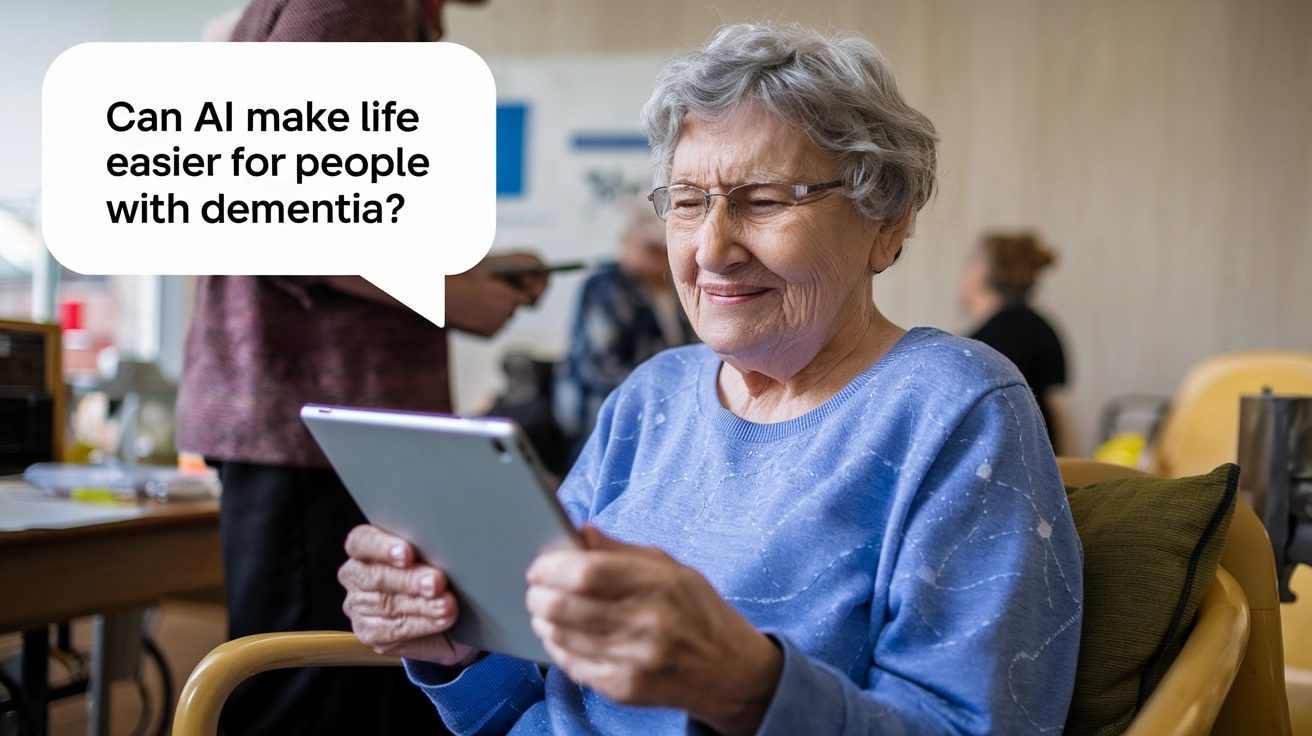AI and Dementia Care: Enhancing Independence

Pete Middleton, a resident of Northamptonshire, UK, is a passionate advocate for the use of technology to enhance the lives of those living with dementia. His journey with technology began in the Royal Air Force during the 1980s, where he developed skills in programming. Since being diagnosed with dementia five years ago at the age of 65, he has recognized changes in his short-term memory, but believes that AI can help bridge the gap in daily life.
Mr. Middleton asserts, “If people incorporate the benefits of using AI into their lives, it will be good for their self-respect and self-esteem, and it will keep them independent for longer. And if it does that, it keeps them out of the NHS system and out of care homes.” His perspective underscores the potential of AI solutions to not only assist individuals in their daily routines but also to enhance overall quality of life.
One promising AI tool currently in development is Simon, an app that employs geo-tracking and machine learning to assist users with their day-to-day activities. For instance, Simon can remind users of important information, such as a bank PIN, based on their location. This innovative approach is part of ongoing efforts to create technological aids that truly meet the needs of those living with dementia.
Another significant initiative in this space is the Florence Project, which focuses on developing communication technologies designed to support, rather than replace, human interactions. Professor Janet Wiles, involved in this project at the University of Queensland, emphasizes the need for such tools to be simple and effective. The project has successfully created three user-friendly devices: a diary, a music player, and a digital photo frame, all incorporating feedback from real users to ensure they meet actual needs.
AI also personalizes these devices by building a knowledge bank for each user, which adapts as their preferences change with the progression of their dementia. This customization ensures that the technology remains relevant and helpful throughout their journey.
Despite the promise of these technologies, experts highlight the critical importance of human interaction in dementia care. Ms. Fiona Carragher from Alzheimer’s Society notes that while AI can enhance communication and support, it cannot replace the essential human contact that fosters emotional well-being. This sentiment is echoed by Dennis Frost, a retired programmer, who argues that prioritizing human engagement should remain at the forefront of dementia care initiatives.
Research is also underway to integrate AI-powered chatbots into companion robots designed to ease stress for those with dementia. One such project involves Hiro-chan, a soft therapy robot. Initial tests indicate that simpler dialogues are more engaging for users, although researchers caution against letting these technologies overshadow the significance of human presence and empathy in care.
Mr. Middleton, along with several others in the field, advocates for tailored technology that addresses the diverse experiences within the dementia community. He insists, “No two people with dementia are the same,” emphasizing that innovation must consider individual stages and capabilities of dementia suffers to be truly effective. As the development of these AI tools continues, striking a balance between technological support and the irreplaceable value of human connection remains paramount.